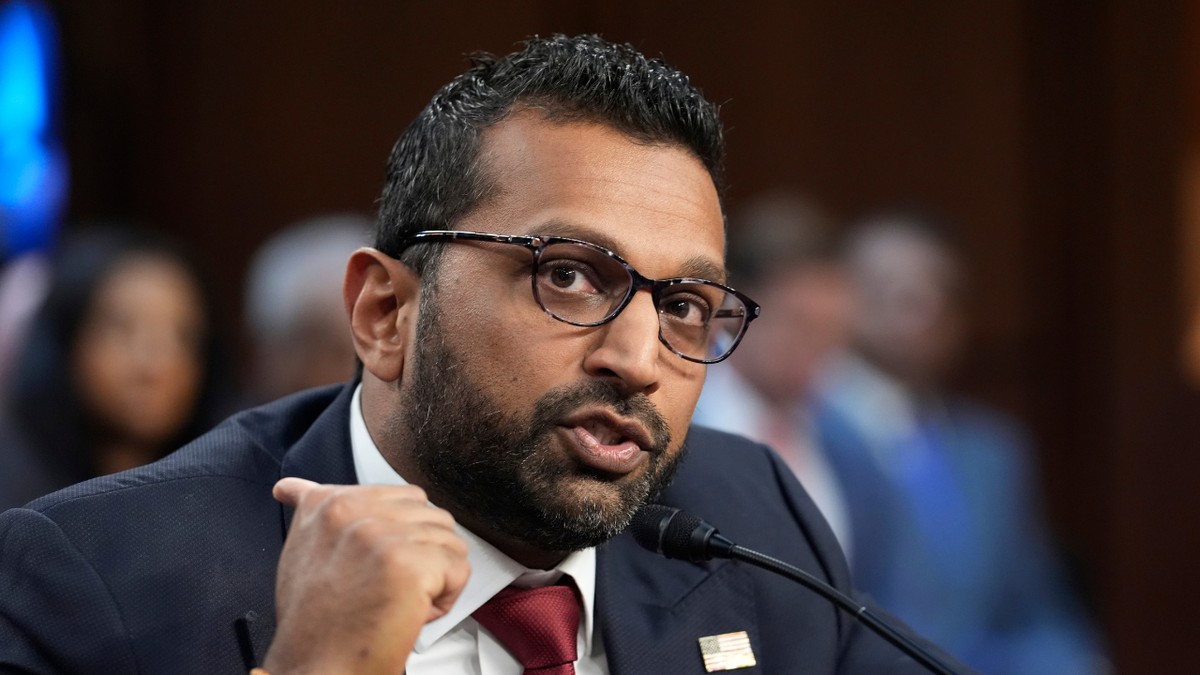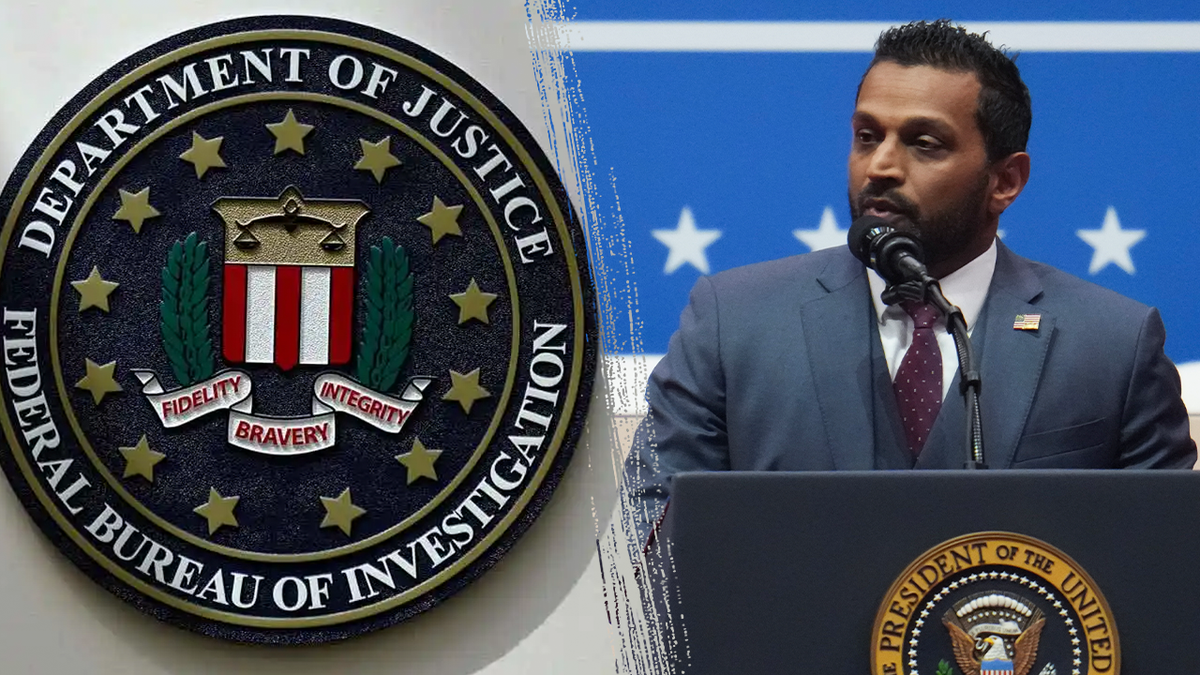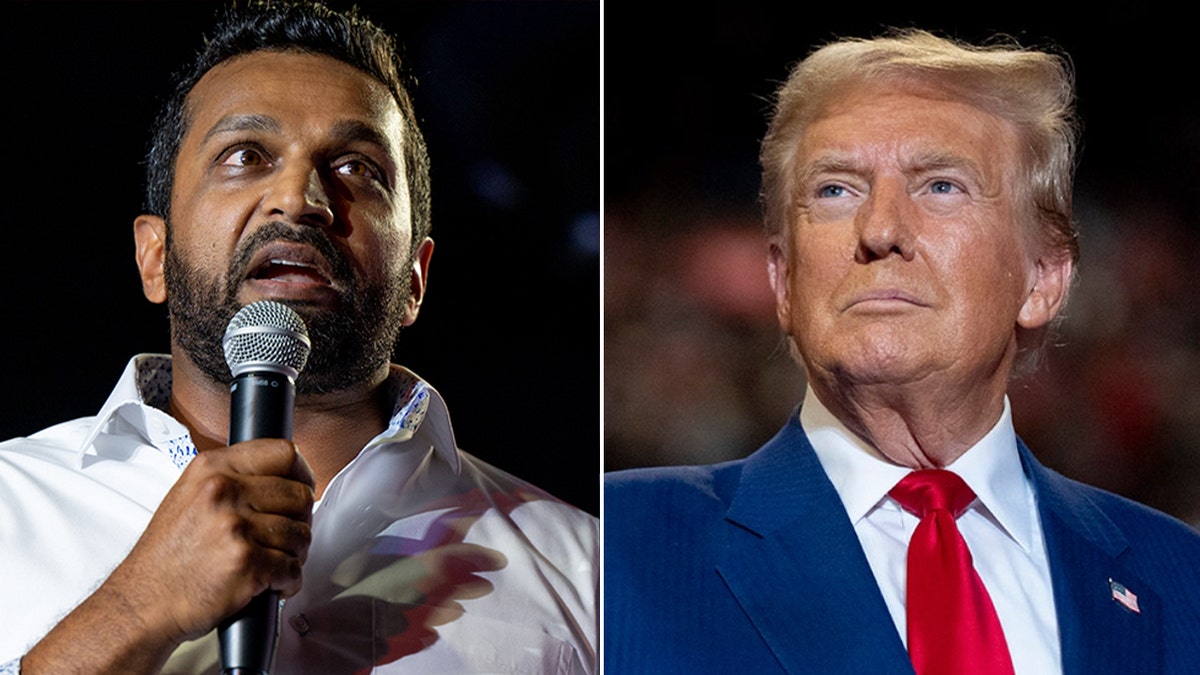During his Senate confirmation hearing for FBI director, Kash Patel, President Trump's nominee, ignited controversy with his views on warrantless surveillance. Patel argued against the necessity of warrants in certain real-time scenarios, citing practicality concerns. This position, while raising eyebrows among some lawmakers, resonated with many within the law enforcement community.
The debate centered around Section 702 of the Foreign Intelligence Surveillance Act (FISA). Patel expressed apprehension about potential abuses of government power and stressed the need to safeguard American citizens' rights. He suggested collaborating with Congress to find a balance between national security and individual liberties, while acknowledging the improvements already implemented in FISA.

Legal experts offered differing perspectives on Patel's stance. Phil Holloway, a former assistant district attorney and criminal defense attorney, pointed out that Patel's viewpoint aligns with common law enforcement positions, although it may clash with public statements from politicians on both sides of the aisle. Meanwhile, Florida state attorney Dave Aronberg suggested a nuanced approach, acknowledging the validity of warrant requirements in some cases but emphasizing the need for flexibility in emergencies and national security threats.

The discussion surrounding FISA's Section 702 gained renewed attention earlier this year when a federal court ruled against the government's warrantless search of an Albanian citizen's communications. This decision underscored the ongoing tension between national security imperatives and constitutional rights.

Patel's nomination hearing highlighted the complexities of balancing security and liberty in the digital age, prompting further discussion about the role of surveillance in protecting national interests while upholding individual freedoms.
Comments(0)
Top Comments